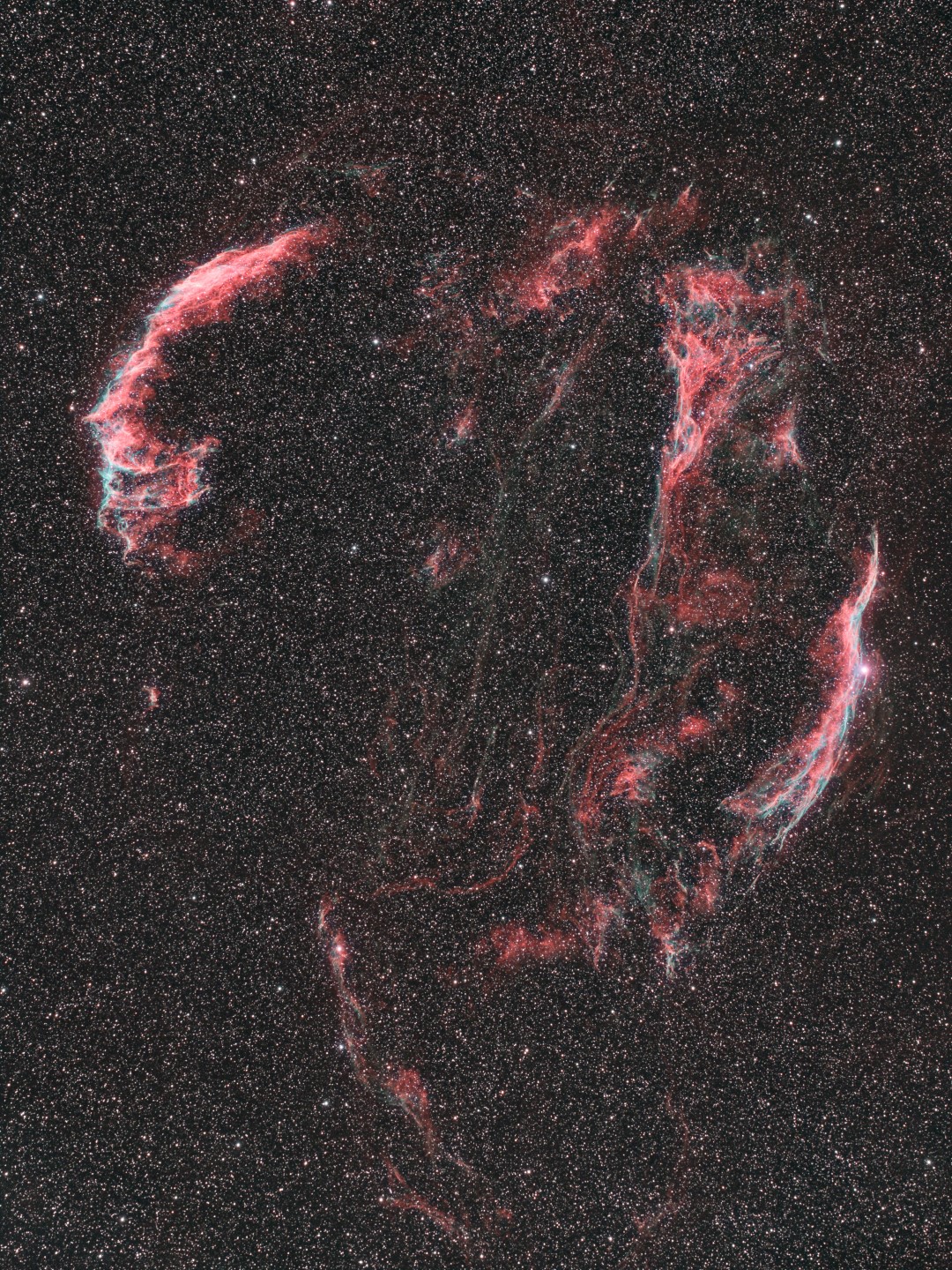No products in the cart.

My story began more than 40 years ago looking up at the Moon with a small telescope my Father had. Encouraged by my parents, who bought me my very own telescope, a 4.5″ reflector, I began to explore the night sky from my family home backyard. Today I do astrophotography from my home in Kitchener, Ontario and also with remote telescopes located in New Mexico and Australia. Some of my images have won awards and have been featured online and in magazines.





Leave a comment...